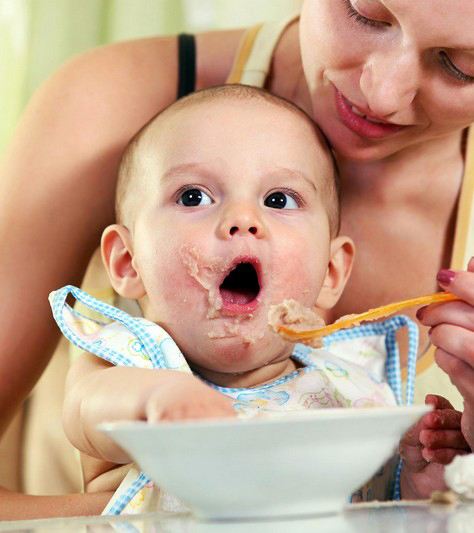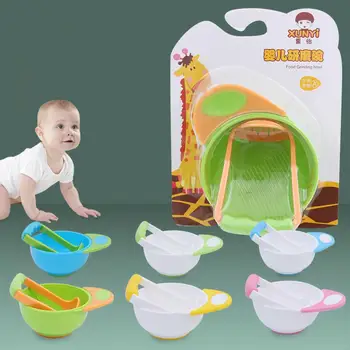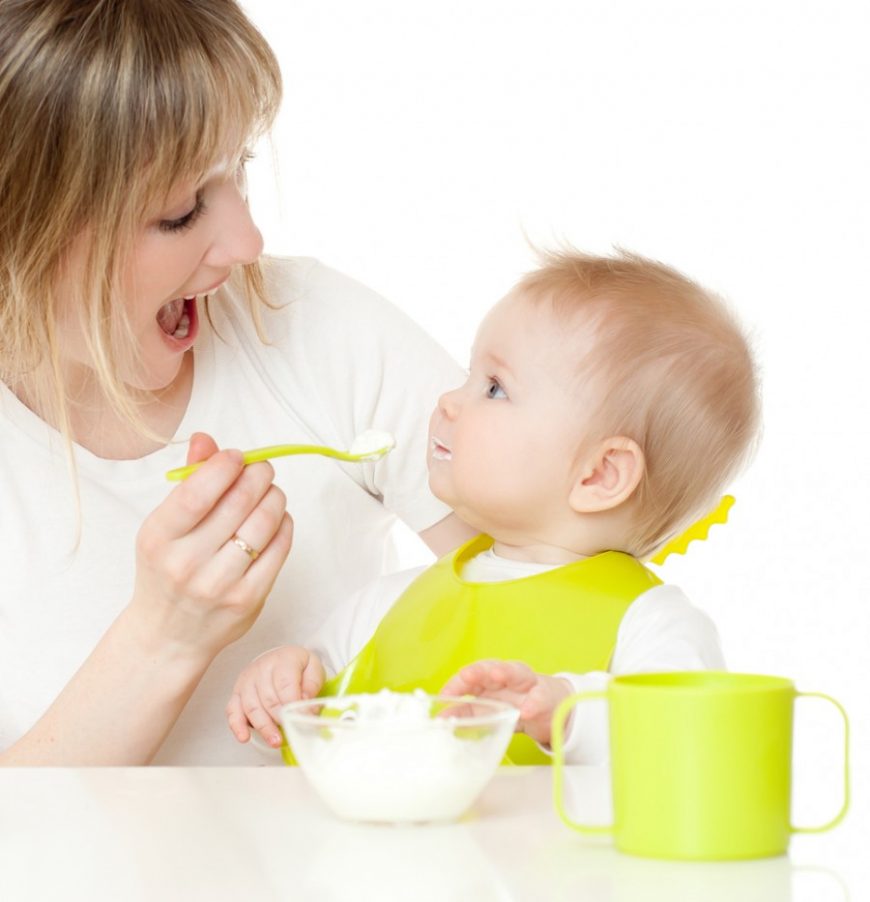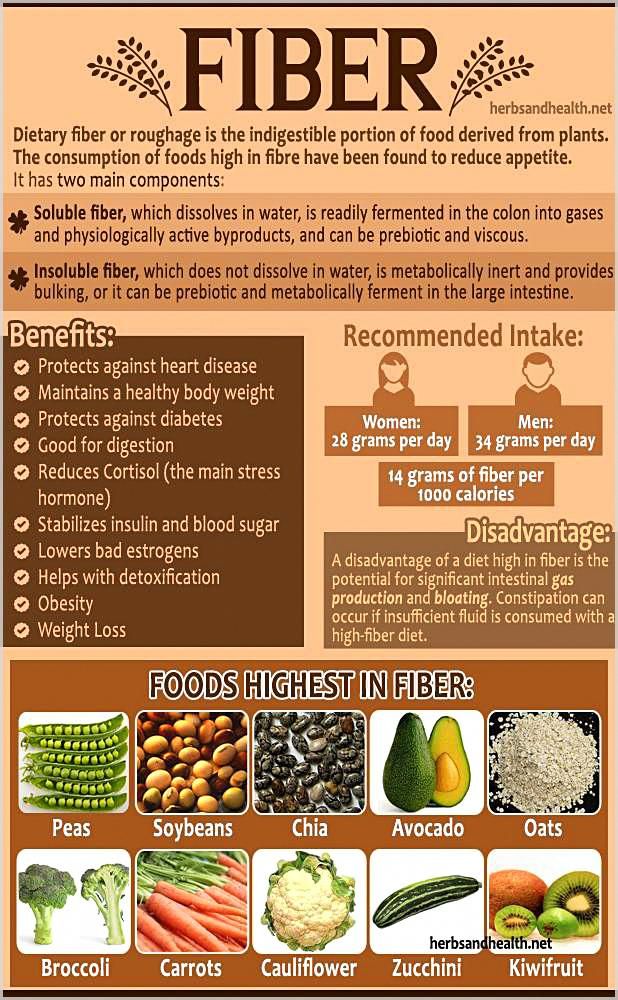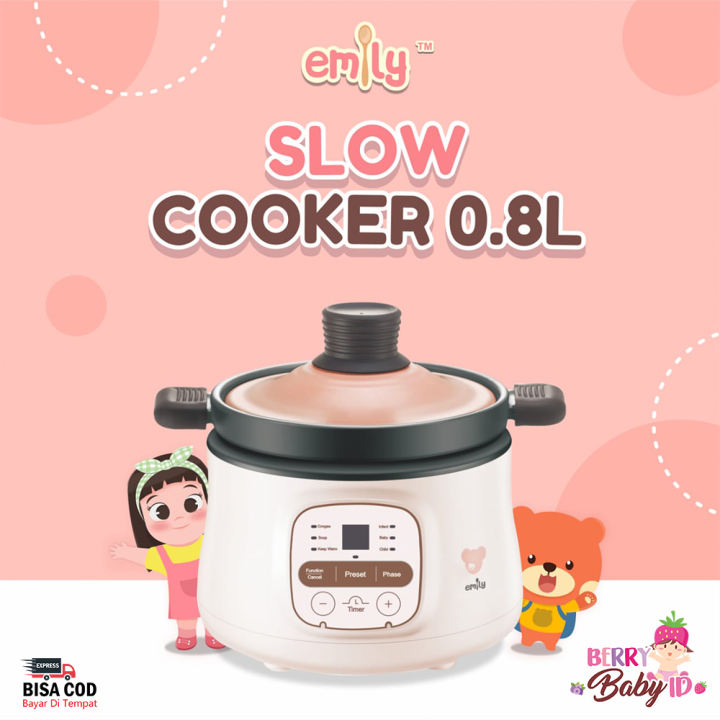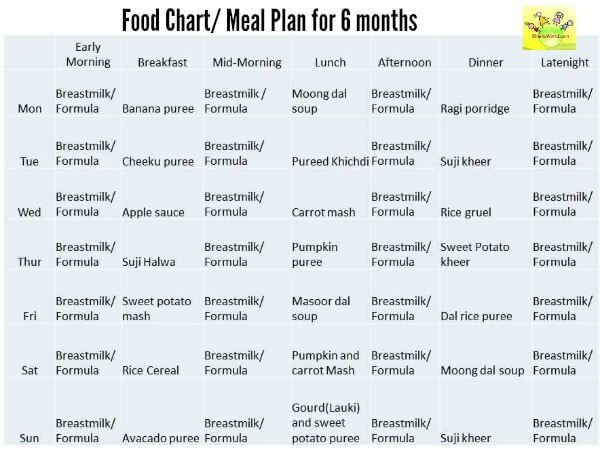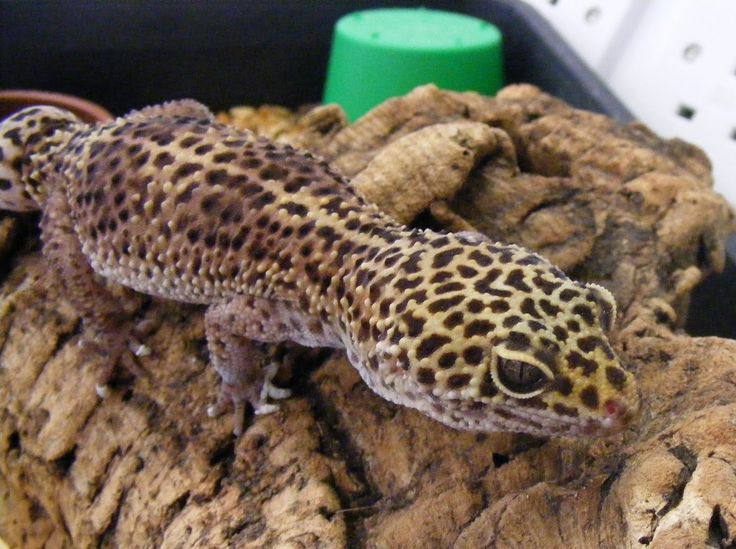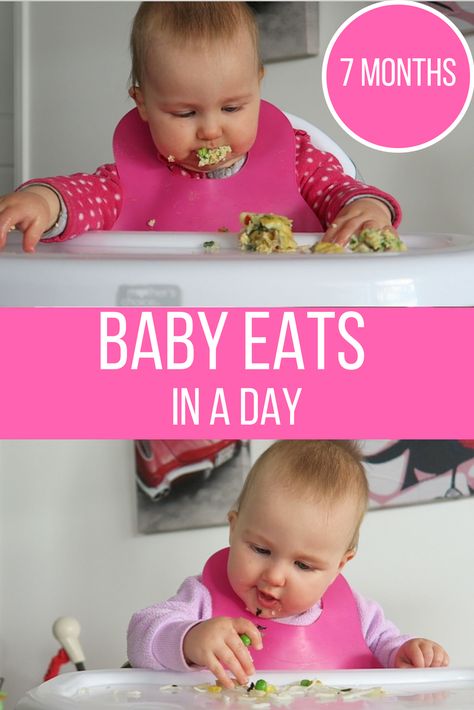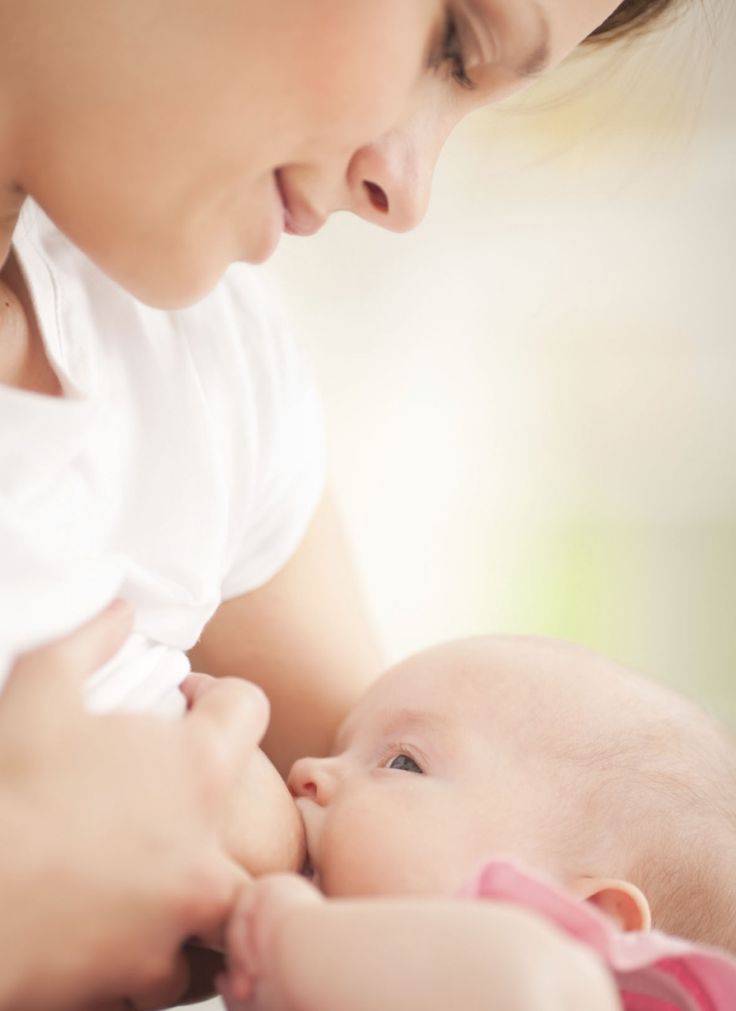Should you feed or bathe a baby first
Washing and bathing your baby
You don't need to bathe your baby every day. You may prefer to wash their face, neck, hands and bottom instead. This is often called "topping and tailing".
Choose a time when your baby is awake and content. Make sure the room is warm. Get everything ready beforehand. You'll need a bowl of warm water, a towel, cotton wool, a fresh nappy and, if necessary, clean clothes.
Topping and tailing tips- Hold your baby on your knee or lay them on a changing mat. Take off all their clothes, apart from their vest and nappy, and wrap them in a towel.
- Dip the cotton wool in the water (make sure it doesn't get too wet) and wipe gently around your baby's eyes from the nose outward, using a fresh piece of cotton wool for each eye. This is so that you don't transfer any stickiness or infection from one eye to another.
- Use a fresh piece of cotton wool to clean around your baby's ears, but not inside them. Never use cotton buds to clean inside your baby's ears. Wash the rest of your baby's face, neck and hands in the same way and dry them gently with the towel.
- Take off the nappy and wash your baby's bottom and genital area with fresh cotton wool and warm water. Dry very carefully, including between the skin folds, and put on a clean nappy.
- It will help your baby to relax if you keep talking while you wash them. The more they hear your voice, the more they'll get used to listening to you and start to understand what you're saying.
You don't need to bathe your baby every day, but if they really enjoy it, there's no reason why you shouldn't.
It's best not to bathe your baby straight after a feed or when they're hungry or tired.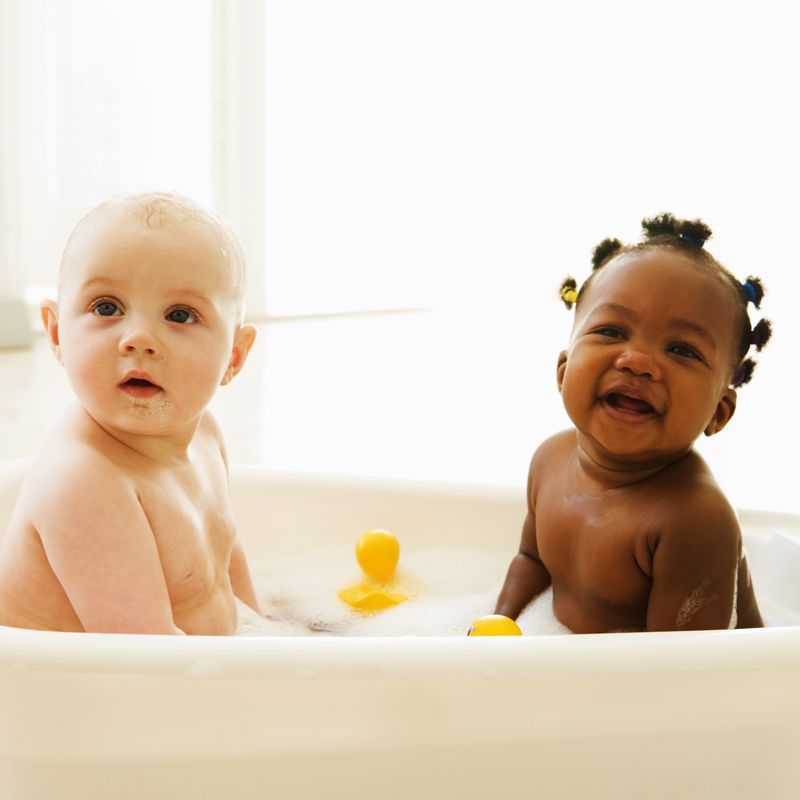 Make sure the room you're bathing them in is warm.
Make sure the room you're bathing them in is warm.
Have everything you need at hand: a baby bath or clean washing-up bowl filled with warm water, 2 towels, a clean nappy, clean clothes and cotton wool.
- The water should be warm, not hot. Check it with your wrist or elbow and mix it well so there are no hot patches.
- Don't add any liquid cleansers to the bath water. Plain water is best for your baby's skin in the first month.
- Hold your baby on your knee and clean their face.
- Next, wash their hair with plain water, supporting them over the bowl.
- Once you've dried their hair gently, you can take off their nappy, wiping away any mess.
- Lower your baby gently into the bowl or bath using one hand to hold their upper arm and support their head and shoulders. Then use the other hand to gently swish the water over your baby without splashing.
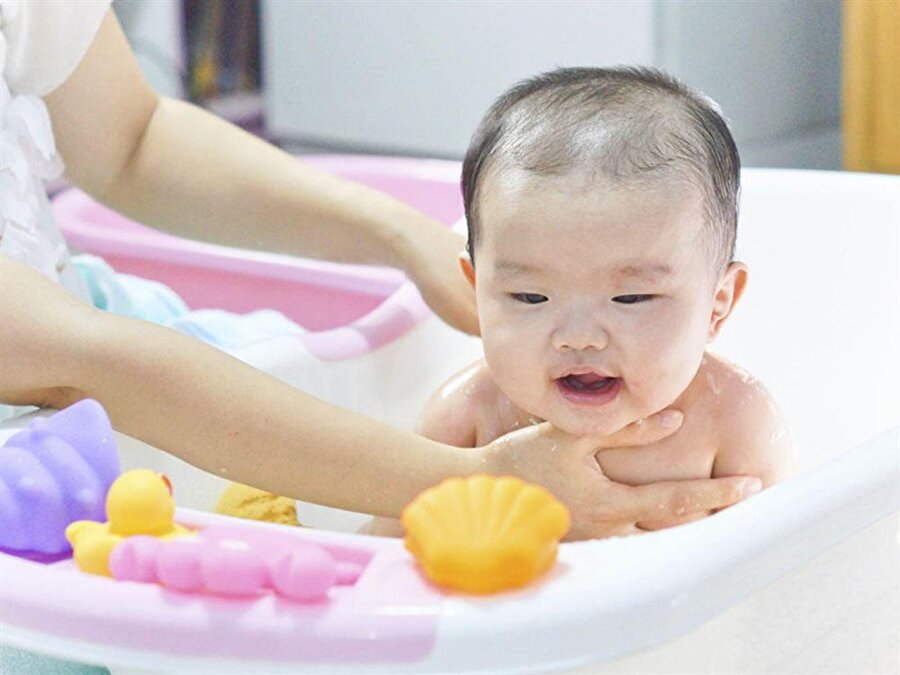
- Keep your baby's head clear of the water.
- Never leave your baby alone in the bath, not even for a second.
- Lift your baby out and pat them dry, paying special attention to the creases in their skin.
- This is a good time to massage your baby. Massage can help them relax and sleep. Avoid using any oils or lotions until your baby is at least a month old.
- If your baby seems frightened of bathing and cries, try bathing together. Make sure the water isn't too hot. It's easier if someone else holds your baby while you get in and out of the bath.
Video: how do I bath my baby?
In this video, a midwife shows you how to bath your baby properly.
Media last reviewed: 4 October 2022
Media review due: 4 October 2025
Some babies are born with long nails and it's important to cut them in case they scratch themselves. You can buy special baby nail clippers or small, round-ended safety scissors. Or you could try filing them down with a fine emery board instead
You can buy special baby nail clippers or small, round-ended safety scissors. Or you could try filing them down with a fine emery board instead
- Baby sleep tips
- Changing your baby's nappy
- How to soothe a crying baby
Page last reviewed: 15 September 2021
Next review due: 15 September 2024
How Long After Feeding Should I Bathe Baby? (With 4 Practical Tips)
Like the stereotypical advice to avoid swimming soon after eating, some new parents may hear that they should allow time after feeding before bathing their baby. Do you really need to wait before bathing your baby? And how long should you wait?
It is okay to bathe your baby at any time of day but when bathing your baby after feeding, wait at least 30 minutes (or, ideally, 1-2 hours) to allow your little one to digest their meal and avoid spit-ups or discomfort.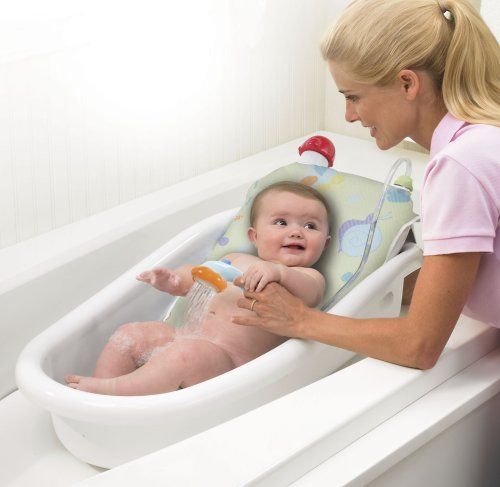 You may prefer to bathe your baby before their last meal or even shortly before it. Either way, make sure your baby stays upright in the bathtub to avoid digestive problems.
You may prefer to bathe your baby before their last meal or even shortly before it. Either way, make sure your baby stays upright in the bathtub to avoid digestive problems.
Read on to learn more about incorporating bath time into your nightly routine, when to bathe before feeding, when to bathe after feeding, and tips for a successful bath after a meal.
Table of Contents
Why shouldn’t you bathe a baby after a feed?
Some parents choose to give their baby a bath every evening as part of a nightly bedtime routine. Others prefer to bathe their little ones during the day or whenever they get dirty.
For both parenting styles, a key concern is whether or not there are any issues with bathing a baby just after a feeding.
Is it just like swimming?
Ideally, it is recommended that babies wait 1-2 hours after feeding before having a bath because taking a bath raises your body temperature, affects your circulation, and diverts energy away from digestion.
This is not a major issue for most people, but for newborns and colicky babies, rescheduling bath time may be a necessary accommodation.
Best baby routine: bath or feed first?
The best routine for your baby will depend on what works best for your family and which schedule incorporates your little one’s bedtime preferences. For example, if your baby can only fall asleep while nursing, then the bath will have to come first.
On the other hand, there are some advantages to bathing your baby after feeding. It definitely offers the quickest way to clean up your baby after a bottle or nursing session and deal with any spit-up. Your baby may also be more cooperative and ready for a bath if their stomach is full and are no longer hungry.
Some babies enjoy baths and want to play. Others become relaxed and ready for bed, while others cry and don’t enjoy bath time. If you have a baby who gets very excited during bath time, bathing first will make more sense for your routine. If you have a baby who hates getting a bath, you will also want to bathe them first to not upset their stomach by crying.
If you have a baby who hates getting a bath, you will also want to bathe them first to not upset their stomach by crying.
Another consideration is that if your little one suffers from colic, reflux, or other feeding issues, it may not make sense to bathe them after eating, as they may need extra time to allow their stomach to settle.
Should you bathe a newborn before or after feeding?
Baths are very calming and can be a great way to help your newborn settle for bedtime and even sleep through the night. Newborns are still acclimating to life outside the womb, and a warm, soothing bath can help replicate it. Therefore, many parents choose to schedule a bath as the last event for the day.
Newborns, in particular, may experience issues with baths after feeding due to the need for them to assume a reclining position in the tub. Since they can’t yet sit up on their own as older babies can, the likelihood of reflux issues is higher. Just as adults can have issues with lying down just after eating, it may not be the best idea to lay your little one down for a bath after a feeding.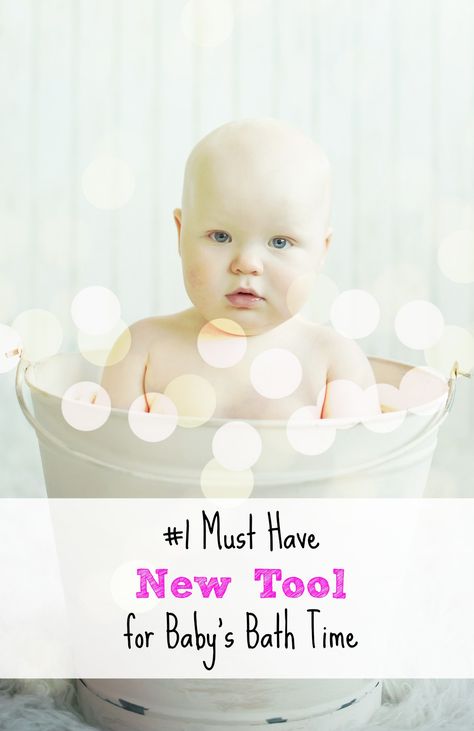
Some newborns also need to be burped extensively after each feeding, which would make a post-meal bath more cumbersome. For these babies, getting bath time out of the way before an evening feeding session makes more sense. This is also the case for babies who have trouble settling and prefer to nurse or suckle a bottle to fall asleep.
Newborns often fall asleep while eating, so if a daily nighttime bath is important to you, then you may want to be sure bath time occurs first to avoid having to wake a sleeping baby.
Another consideration is that newborns often poop just after eating, especially breastfed babies whose digestion occurs quite rapidly. Waiting for this bowel movement and then giving a bath can be a more convenient option than giving a bath before a meal and needing to change a diaper again 30 minutes later.
When is the best time of day to give a baby a bath – night or day?
Ideally, you’ll want to give your little one a bath in the evening, at a time that is convenient for you and can allow for both parents to be involved.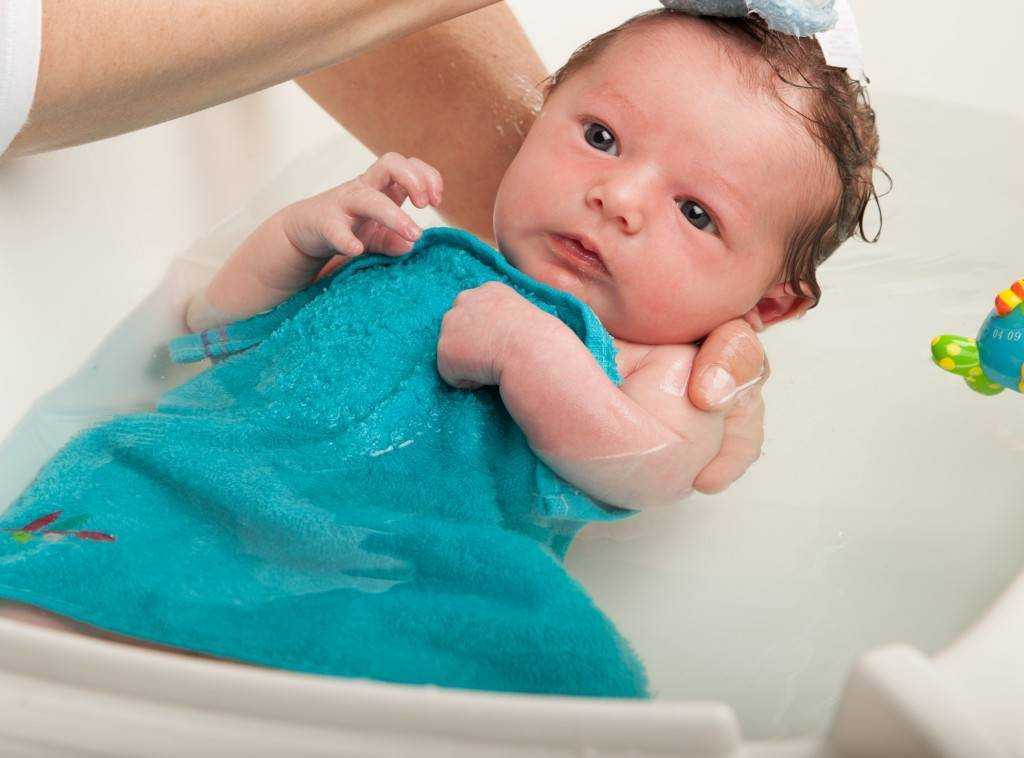 However, you don’t want to wait until too late at night when your little one is more likely to be overtired and fussy.
However, you don’t want to wait until too late at night when your little one is more likely to be overtired and fussy.
Choosing the right time to give your baby a bath is going to depend on many factors that are unique to your family, such as individual work schedules and bedtime preferences. At the end of the day, there is no real right or wrong answer.
You will also need to work around your family’s dinnertime and keep your little one’s feeding times in mind too.
Tips for bathing your baby after feeding
If you decide you want to bathe your baby after feeding, like many parents, here are a few tips to keep in mind for a successful routine.
Bathe your baby after her last feeding
Since bath time tends to make babies sleepy, it makes sense to bathe your little one right before bed. Many parents choose to bathe their baby right after their last feeding of the day.
Depending on your family’s unique needs, this may not work for you. For example, if you nurse your little one to sleep, then bath time needs to occur before the final feeding of the night.
For example, if you nurse your little one to sleep, then bath time needs to occur before the final feeding of the night.
Allow time for burping and digestion
You’ll want to wait at least a little while after feeding before getting bath time started, especially if your baby needs to be burped after each meal, is a newborn, or struggles with reflux.
Allowing time for proper digestion to occur is always a good idea at any age.
Keep temperatures mild
To reduce any potential digestion issues, keep the water temperature lukewarm to help aid with temperature regulation and circulation.
Bundle your baby up quickly after bath time and avoid lingering in the bath long enough for them to get cold.
Consider the tub
Ideally, if you are bathing your little one after a meal, their tub or assistive device will allow your baby to be at least somewhat elevated.
Lying completely flat after a meal is never a good idea, even if your baby isn’t colicky or subject to reflux.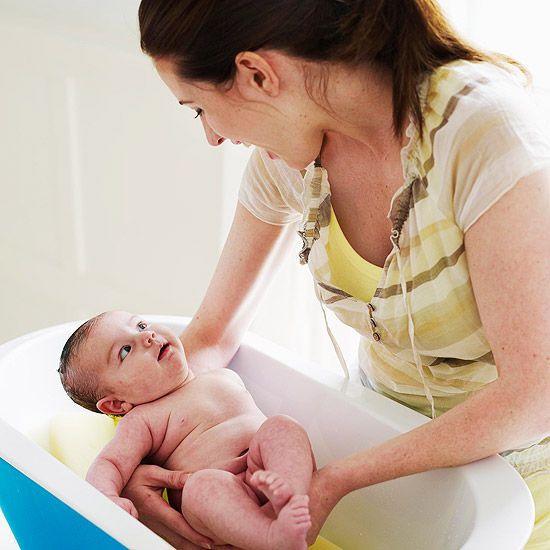
Keep your baby as upright as possible to avoid any potential digestion issues.
Related Questions
When to start bathing baby daily?
The newborn and infant stages are always more difficult to navigate for parents because baby is so young and fragile. Adding water to the mix during a bath only raises the stress level!
Fortunately, you should be able to start bathing your baby daily starting around the 6-9 month mark – around the time they start transitioning to solid foods. At this stage, your baby has better motor control and can more easily sit up in the bath. She might even enjoy it more!
Of course, not all skin types will tolerate a daily bath so don’t feel discouraged if you still need to skip a day. Invest in a high-quality, natural baby wipe to help hold you over between baths.
How often should you bathe your 1-month-old baby?
At one month, your baby’s skin is still quite sensitive and prone to drying out when exposed to too much water, soap, and shampoo.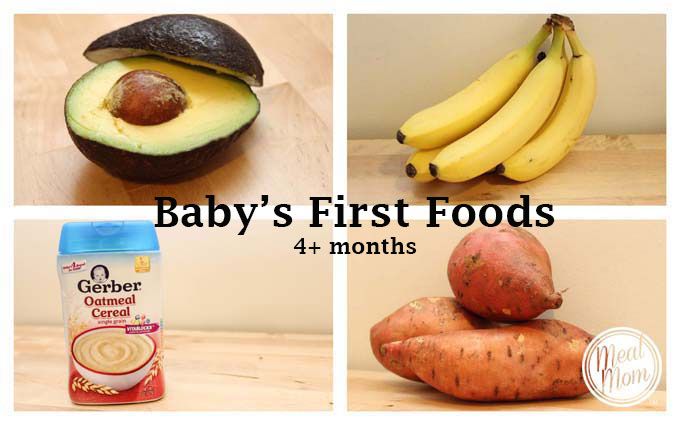
You should typically bathe your 1-month-old baby about 3 times per week, on average.
At this stage, your baby is totally dependent on you to move her around and isn’t likely to make much of a mess anyway. Focus on wiping your baby’s face and neck thoroughly after each feeding to avoid smells and irritation.
How often should you bathe your 2-month-old baby?
At two months, your baby’s skin is probably still sensitive and prone to drying out when exposed to too much soap and shampoo.
You should typically bathe your 2-month-old baby about 3 times per week, on average.
Focus on cleaning up your baby well after each feeding with a high-quality, natural baby wipe to avoid skin irritation and stinky smells!
How to properly bathe a child | Happy Moments
With the advent of a small child in a family, sometimes the simplest things seem incredibly difficult for new parents. Feeding the baby, dressing and hygiene . .. And such an event as the first bath turns out to be a whole sacrament for many, requiring special knowledge and skills. However, having mastered this process, very soon both parents and the baby will begin to receive a lot of pleasure, pleasant emotions and benefits from it.
.. And such an event as the first bath turns out to be a whole sacrament for many, requiring special knowledge and skills. However, having mastered this process, very soon both parents and the baby will begin to receive a lot of pleasure, pleasant emotions and benefits from it.
Benefits of bathing
Bathing a child in the bathroom is not just about taking care of children's skin, but also strengthening the immune system. During water procedures, the baby hardens, trains its not yet perfect thermoregulation. The child learns the world, masters a new environment for himself, feels his body differently, and of course, receives positive emotions together with his parents. In addition, taking a bath soothes, relaxes and prepares the baby for sleep. Thus, daily bathing becomes an important stage in the formation of the baby's regimen from the first days of life.
Bathing time
The evening is considered the ideal time for bathing a child. Water perfectly calms, adjusts to a night's sleep.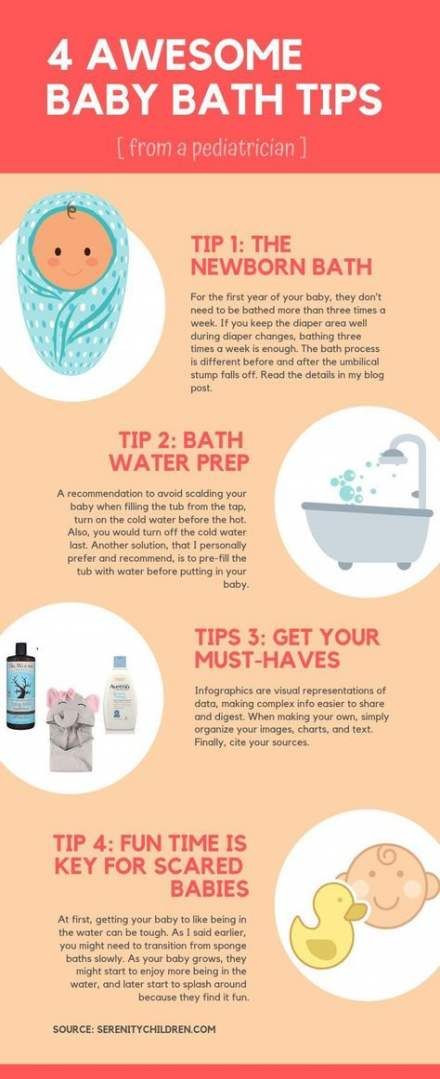 It is important for parents who have chosen this daily routine to create an atmosphere of peace themselves so that the baby does not get overexcited and can sleep peacefully. However, there are children for whom evening bathing is not suitable due to individual characteristics of the regimen: then their parents should bathe him in the morning, choosing the most convenient moment in order to get the maximum benefit and positive emotions from the process.
It is important for parents who have chosen this daily routine to create an atmosphere of peace themselves so that the baby does not get overexcited and can sleep peacefully. However, there are children for whom evening bathing is not suitable due to individual characteristics of the regimen: then their parents should bathe him in the morning, choosing the most convenient moment in order to get the maximum benefit and positive emotions from the process.
Another question that worries many parents is when to wash their baby - before feeding or after? And even pediatricians do not have a clear answer, since the baby himself determines the time for bathing with his mood. If the baby is hungry and crying - taking a bath, of course, should be postponed, after waiting some time after feeding (especially if the baby is bottle-fed, because mixtures are digested longer than breast milk).
Preparation for bathing
Most parents prefer to wash their newborn baby in a plastic baby bath with a little water in it.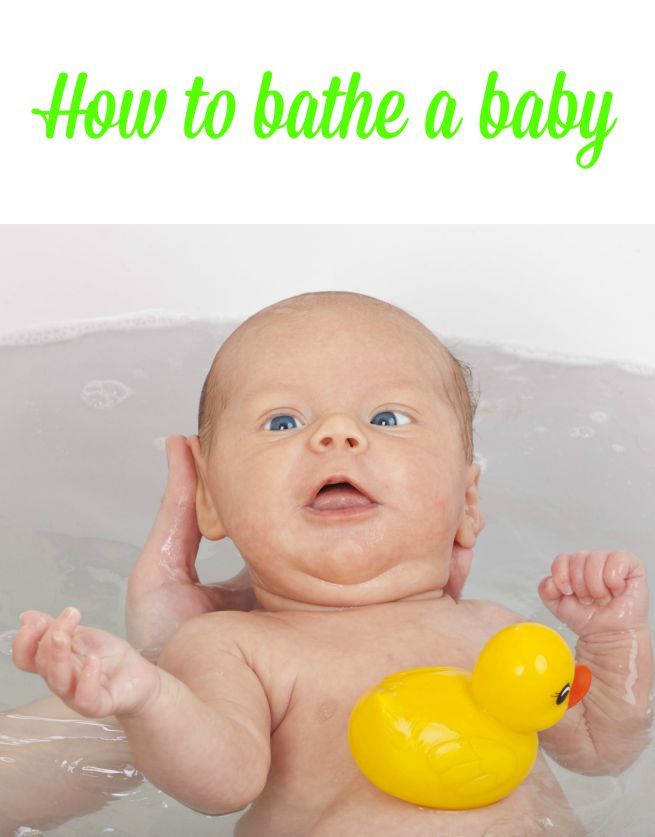 Beforehand, the bath must be thoroughly cleaned and disinfected by dousing with boiling water. For the first baths of a newborn, it is recommended to use cooled boiled water, or add a weak solution of potassium permanganate to the tap.
Beforehand, the bath must be thoroughly cleaned and disinfected by dousing with boiling water. For the first baths of a newborn, it is recommended to use cooled boiled water, or add a weak solution of potassium permanganate to the tap.
The optimal temperature to start swimming is 33-34 degrees. If you have not had time to get a water thermometer, you can make sure that the water is at the right temperature by dipping your elbow into the bath.
The air temperature in the room should also be comfortable: you need to make sure that there are no drafts in the room, but you shouldn’t close all the doors either, so that later on leaving the stuffy bath you don’t create sudden temperature changes for the baby.
Prepare a bucket of warm water for rinsing your baby, a diaper and a large towel to wrap your baby up after bathing. Before you wash your baby, prepare clean clothes, cotton swabs, a clean diaper, and baby skin care products.
Baby bath products
Modern baby bath products can be used from the first days of life.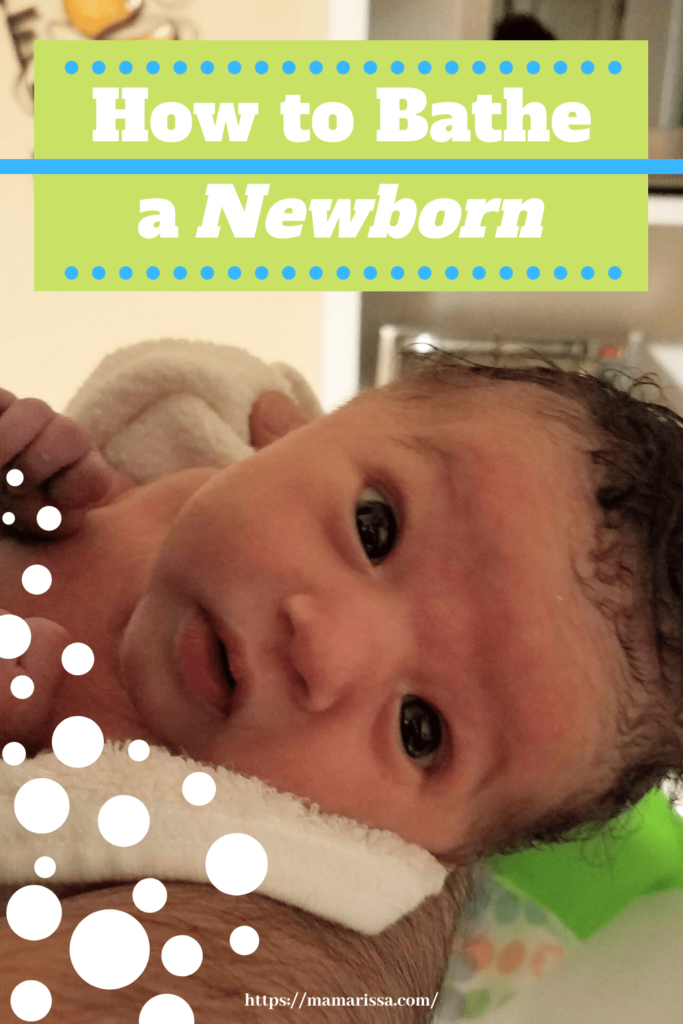 Baby soap and shampoo should have a special pH level that suits the delicate and sensitive skin of the baby, be sure to be hypoallergenic, and do not contain harmful fragrances. Pediatricians recommend using soap or foam for bathing very young children no more than 1-2 times a week. Shampoo your child's hair once a week. On other days, it is enough to bathe the baby in clean water. If necessary, a decoction of chamomile, calendula or string can be added to the water: this is especially true when irritation or prickly heat appears on the child's skin.
Baby soap and shampoo should have a special pH level that suits the delicate and sensitive skin of the baby, be sure to be hypoallergenic, and do not contain harmful fragrances. Pediatricians recommend using soap or foam for bathing very young children no more than 1-2 times a week. Shampoo your child's hair once a week. On other days, it is enough to bathe the baby in clean water. If necessary, a decoction of chamomile, calendula or string can be added to the water: this is especially true when irritation or prickly heat appears on the child's skin.
Bath sequence
Before bathing your baby, make sure the bath is at a height that is comfortable for you. Then fill the bath with warm water, if necessary, add bathing foam or herbal decoction to it. Check the temperature of the water with a thermometer or touch it with your elbow. Place a bucket of hot water next to the bathtub to add to the bathtub as it cools. Gently submerge the baby in the water, leaving the head on the surface, placing a pillow from a folded towel or diaper under it.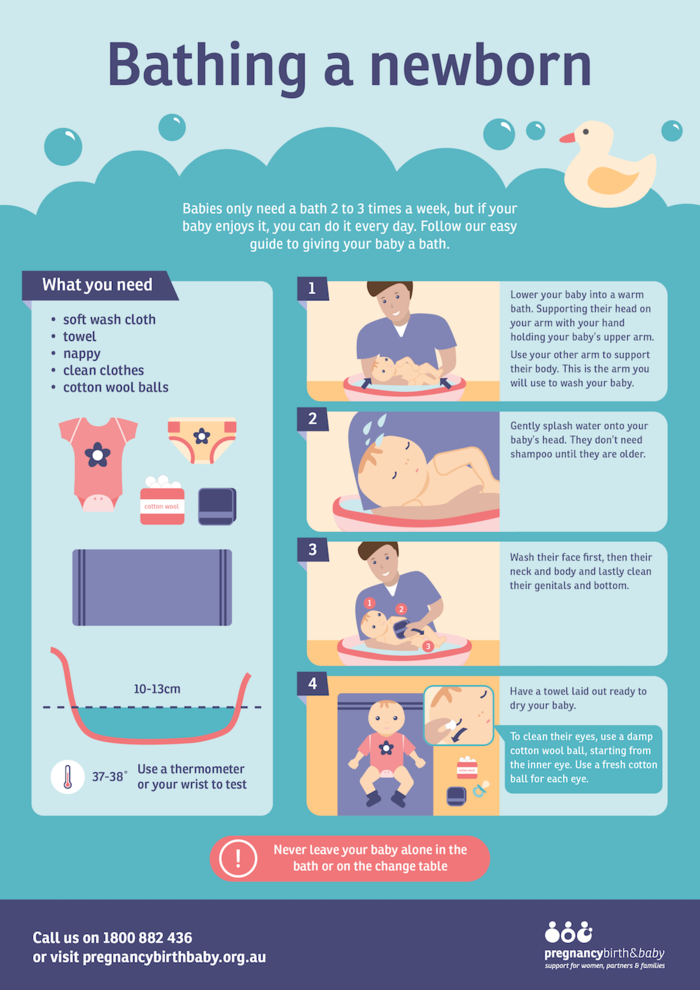 Water the baby with warm water, washing hands and feet alternately, using soap if necessary. The newborn also needs to wash all the folds, the spaces between the fingers, the armpits. Wash your child's head last. For greater comfort, you can bathe the child by first wrapping it in a thin diaper so that it does not get cold. If you have used a baby bath, be sure to rinse it with clean, warm water. After that, blot your baby with a well-absorbent diaper, then wrap it in a large bath towel.
Water the baby with warm water, washing hands and feet alternately, using soap if necessary. The newborn also needs to wash all the folds, the spaces between the fingers, the armpits. Wash your child's head last. For greater comfort, you can bathe the child by first wrapping it in a thin diaper so that it does not get cold. If you have used a baby bath, be sure to rinse it with clean, warm water. After that, blot your baby with a well-absorbent diaper, then wrap it in a large bath towel.
Bathing a baby usually lasts no more than 5-10 minutes. A baby who already knows how to sit can spend more than half an hour in the bathroom, playing with toys and having fun.
After bathing, wipe the baby's ears with a cotton swab soaked in water, dry with a clean diaper and treat the skin folds with a special product. Wipe the eyes with a cotton swab from the outer corner to the inner. Dress your child in clean sleepwear.
Blog
Chat with a physiotherapist
On Friday, December 2nd, we had a St.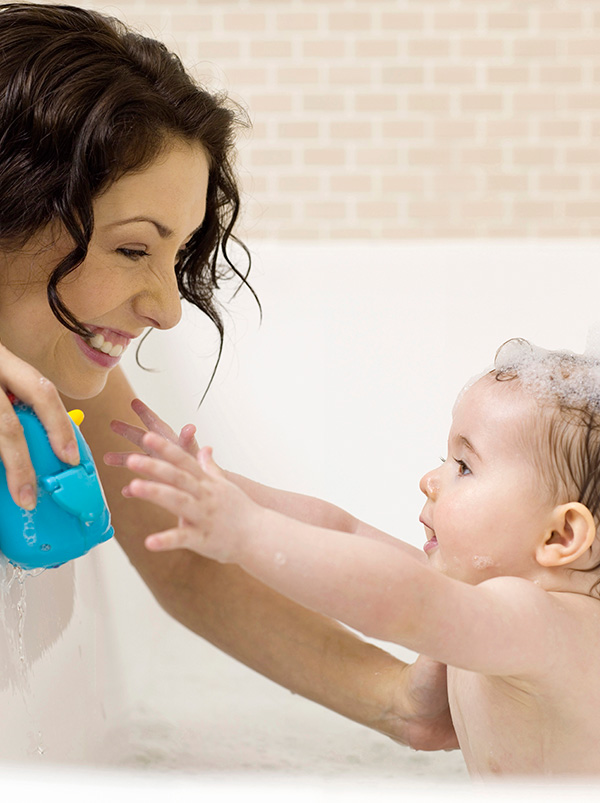 Nicholas Chat. Physiotherapist Jolanta Kawiecka-Macheevska answered parents' questions related to the healthy movement of babies. We will tell you how to do the exercises, what to avoid. How to set up a safe space. 1. Question: A six month old baby wants to sleep on his stomach at night. It constantly flips. But I'm afraid he'll sleep like that. What is the opinion? Expert answer: Anna, the child can sleep on ...
Nicholas Chat. Physiotherapist Jolanta Kawiecka-Macheevska answered parents' questions related to the healthy movement of babies. We will tell you how to do the exercises, what to avoid. How to set up a safe space. 1. Question: A six month old baby wants to sleep on his stomach at night. It constantly flips. But I'm afraid he'll sleep like that. What is the opinion? Expert answer: Anna, the child can sleep on ...
Read more
Bathing a newborn without tears. What is worth knowing?
Bathing a newborn without tears! Find out how to prepare, what you need to know, what you need! The first bath is a big challenge for a newborn and his parents. Stress, crying, lack of experience do not help make bathing a pleasure, especially in the first weeks of a newborn's life! Babyono midwives have collected and answered the most frequently asked questions of new parents! Wademecum bathing, 3 important rules: - needs: listen to your child and your intuition; mouth . ..
..
Read more
Assemble your newborn baby kit
Baby and expectant baby kit is quite a challenge The birth of a child is a life change. During pregnancy, the baby needs to organize a place in your home. Some people first decide to change the bedroom and reorganize it in such a way that it is easier for the mother to take care of the child around the clock. Others immediately organize the child's room, adapting it to the needs of a little gentleman or a little princess. Both one and the other must pass th ...
Read more
Contact thermometer - does it work reliably?
Thermometers are devices that are extremely useful - not only when you are sick. There are two types of such devices on the market of electronic products - contact and non-contact thermometer. Both seem to be very useful and work in a very similar way. Pros and cons of contact thermometers Using the right contact thermometer has many advantages. Of these, it should be highlighted: measurement accuracy - for such devices, modern and ...
Of these, it should be highlighted: measurement accuracy - for such devices, modern and ...
Read more
Proper oral hygiene in children - what is worth knowing?
Oral hygiene in children is a topic of great concern to parents. It's no secret that toddlers don't pay much attention to oral hygiene activities in this area. How to encourage your child to brush their teeth? And how should they do it to achieve the desired effect? In this article you will find the answer to all your questions. Take care of your baby's oral health from the very first months It is important to note that the care of the child's oral cavity should be started by the parents already in the first months ...
Read more
Babyono natural bath towels
When completing a set of things for a newborn, one should not forget about different types of bath towels that will come in handy not only in daily hygiene routine, but also when visiting the pool, beach or relaxing on the lake. What types of towels can you buy in our store? Is it worth paying attention to the composition of the material of such accessories? Which models should you choose for your child? We will answer all these questions in the next article. Than the bath floor ...
What types of towels can you buy in our store? Is it worth paying attention to the composition of the material of such accessories? Which models should you choose for your child? We will answer all these questions in the next article. Than the bath floor ...
Read more
The best bags for mom
The right bag is one of the first things that new moms choose. It is necessary even for short walks to the park or visiting friends, but is especially useful during longer trips. How to choose a bag so that it is perfect for any occasion? What to look for when choosing a bag for mom? When choosing a bag for mom, first of all, focus on what you need and what will be most convenient for you to use. The most important asp ...
Read more
How can I keep my baby safe while bathing?
Bathing a child is always a challenge for parents. Not only hygiene is of decisive importance, but above all safety. How to prevent a child from slipping in the bathroom? In this mini-guide you will find answers to these questions. Bathing is the most important activity in a home with a small child. Every parent of a baby knows that all family members can participate in bathing a child. This is not only a way to maintain hygiene, but above all a pleasant moment when you can be with ...
How to prevent a child from slipping in the bathroom? In this mini-guide you will find answers to these questions. Bathing is the most important activity in a home with a small child. Every parent of a baby knows that all family members can participate in bathing a child. This is not only a way to maintain hygiene, but above all a pleasant moment when you can be with ...
Read more
How to bathe a newborn baby with sensitive skin?
Many parents face the problem of sensitive skin in their babies every day. Unfortunately, for some babies, rubbing them too hard or using a little body wash can cause redness and a rash. How to bathe a child with sensitive skin? Cosmetics in the care of a newborn baby Let's start with the main issue, that is, with cosmetics. Most newborns do not require body wash every time they bathe ...
Read more
Why is bamboo a safe material for children?
The skin of babies is very susceptible to various types of irritation or dryness.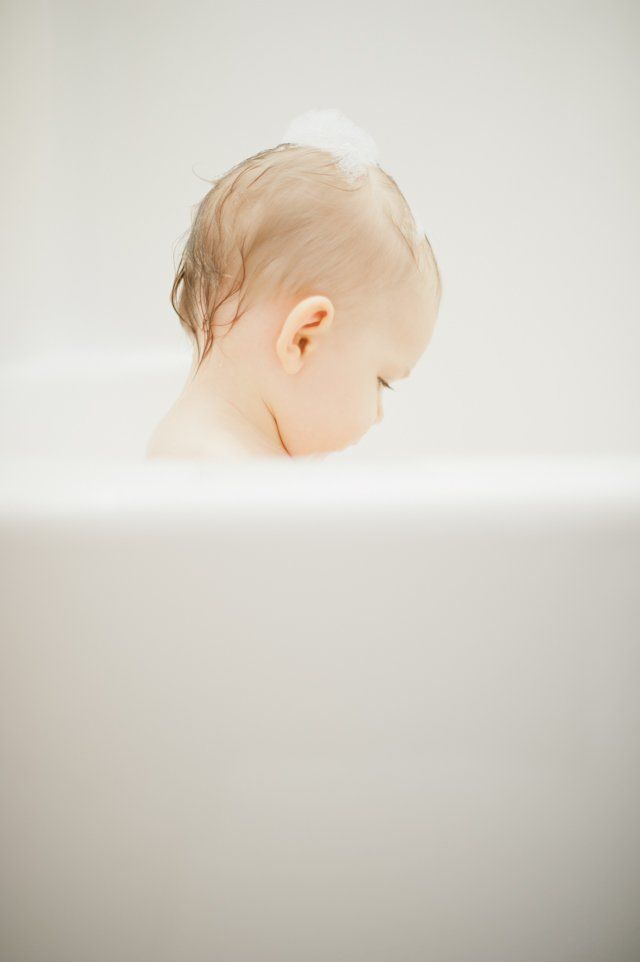 Therefore, it is worth choosing not only skin-friendly cosmetics, but also fabrics. Bamboo products are among those that are ideal for sensitive baby skin. Why? bamboo properties Bamboo is a dream fabric for children as its structure is extremely delicate and soft. No wonder it is used to make clothes, blankets, diapers, bedding and towels...
Therefore, it is worth choosing not only skin-friendly cosmetics, but also fabrics. Bamboo products are among those that are ideal for sensitive baby skin. Why? bamboo properties Bamboo is a dream fabric for children as its structure is extremely delicate and soft. No wonder it is used to make clothes, blankets, diapers, bedding and towels...
Read more
The child knows how to stimulate independent action
Children, like adults, want to have the right to make their own decisions and take their own actions. They want to experience, experience and feel. However, adults often forget about this and, showing care and love, overdo it, thereby depriving the child of the opportunity to fully know the world. Contrary to appearances, such excessive guardianship does not help, but, on the contrary, significantly complicates the life of the child. How to develop independence in a baby, despite fears for his safety? 3 types of sa .